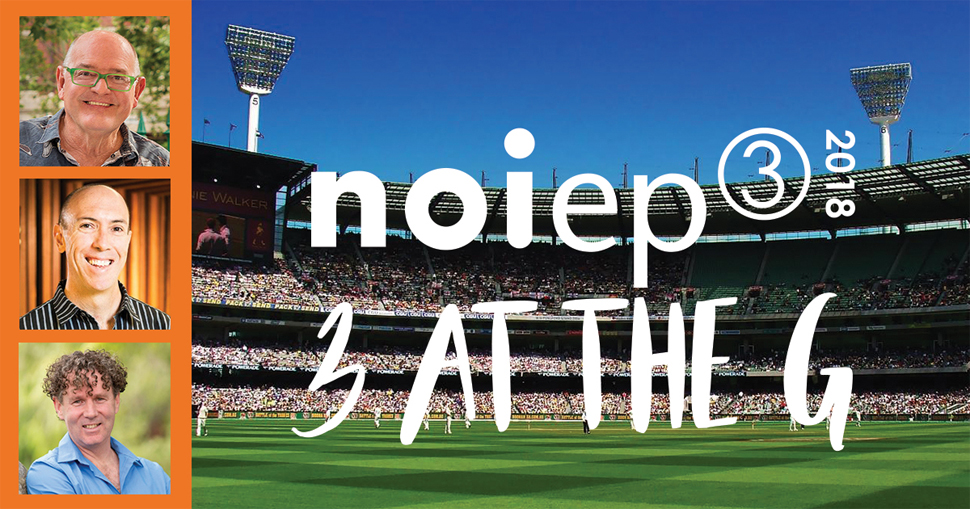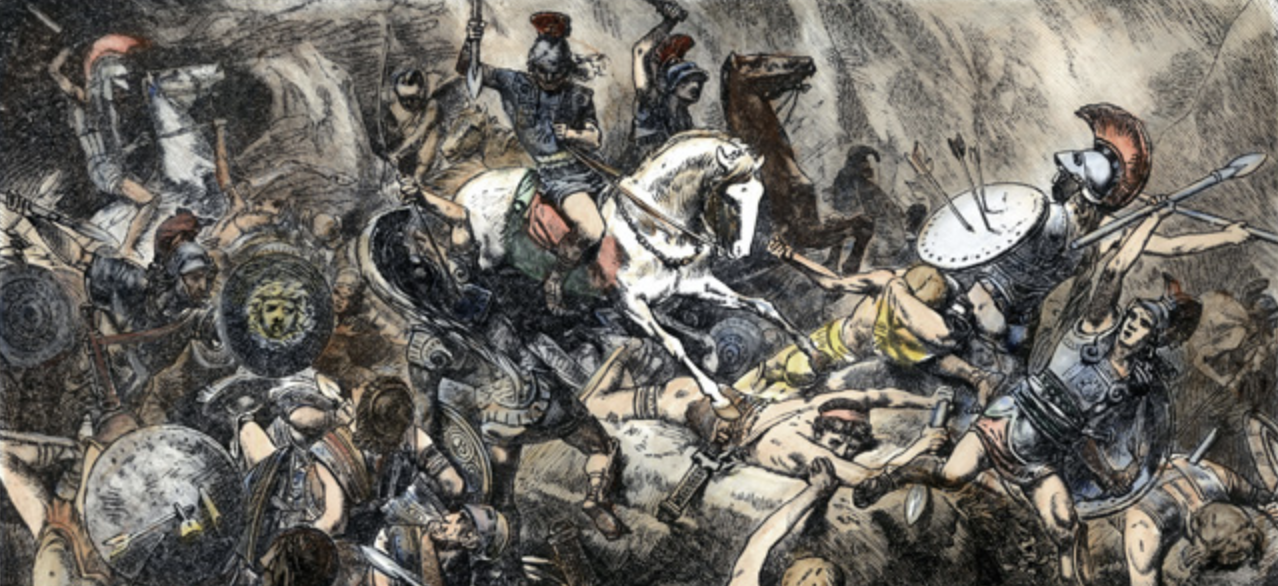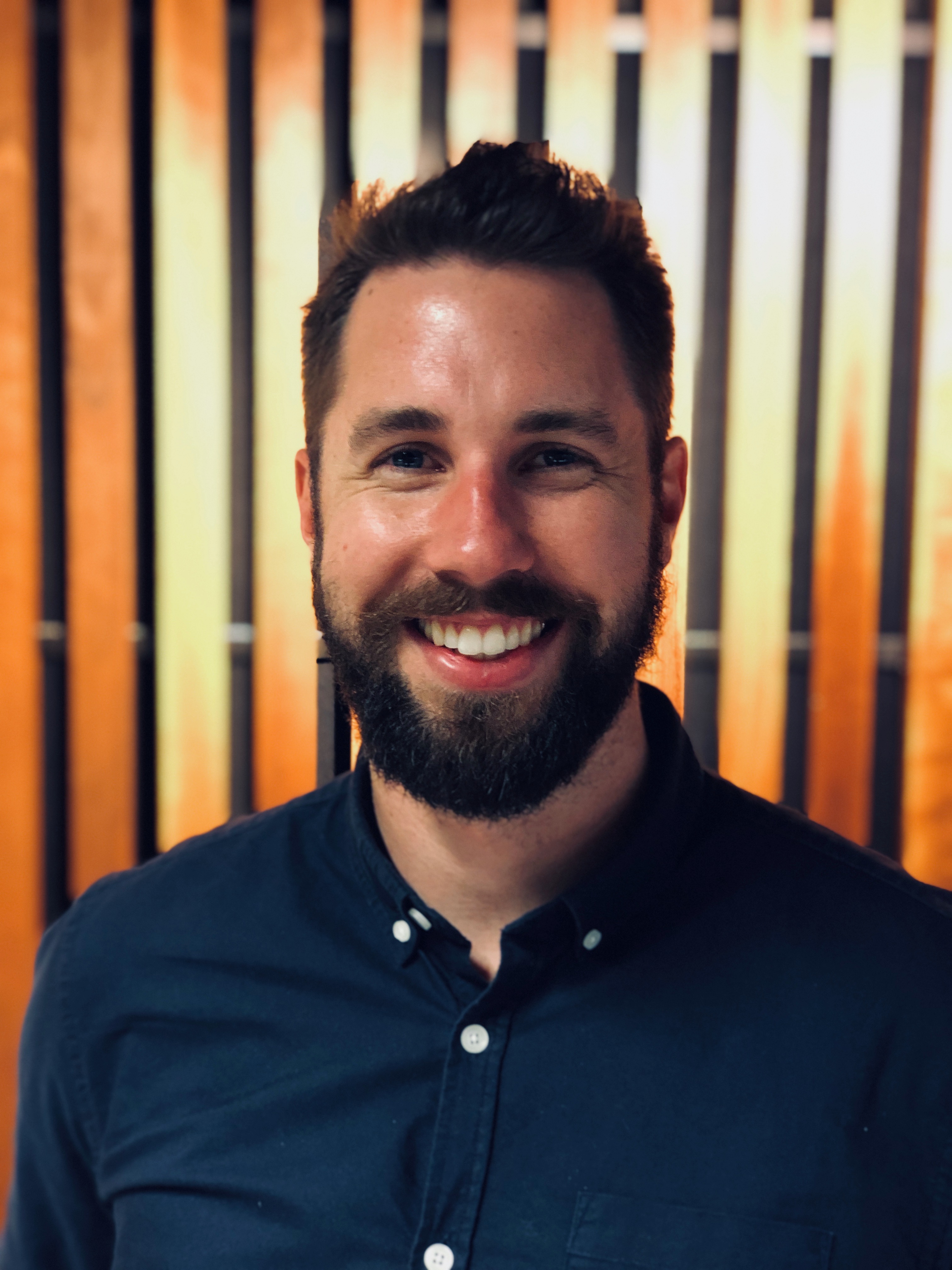Brendan Mouatt, Exercise Physiologist and Masters student at the Body in Mind research group, was an invited Science Correspondent at EP3 at the ‘G in November 2018. Here he shares his thoughts from the event. Our thanks to Brendan for this insightful post.

EP3 2018 was one of the most thought-provoking courses I’ve been to, and I’ve been to a few – hell I’ve even done Explain Pain, MONIS, and the others in the past, but this was different. There was something about the three days that had gotten me excited. Lorimer Moseley, David Butler and Peter O’Sullivan were extraordinary, but there was something else about the experience that had me excited. After some arduous thought on what had gotten me so elated, I was able to reduce it down to what that was. It was the other attendees. In that one room of 300 attendees we had a plethora of varying practitioners and people. We had Physiotherapists, Exercise Physiologists, Osteopaths, Podiatrists, Massage Therapists, Pilates and Yoga instructors, Educators, Psychologists and the list goes on. The thing that hit me was, that we were all discussing the same topics, and with a common thread – Biopsychosocialism. This experience was something that I felt was rare, but these three presenters had brought us together to create this perfect melting pot of discussion.
Having further been triggered by David’s lecture on the importance of our words and the narratives we provide to those seeking our help, it got me thinking to the language and narratives we place around our individual, modality-specific narratives. So, on this, I have decided to share my thinking, as idealistic as it may currently seem.
Different tribes, your camp, my camp…

Aren’t the words we use to describe our modalities and the paradigms we subscribe to interesting? Words like tribes or camps: “You’re from the biomedical camp”, or “The psychosocial camp”, or maybe perhaps it’s the “Physio camp” or the “Osteopathy camp”. The phrase “from different camps” is a military themed metaphor, to describe multiple groups that are in opposition and share little common ground – just like the Athenians and Spartans in ~400bc, and often with as much hostility.
I find this such a perplexing issue within healthcare. The notion that we have different camps suggests we cannot be focused on the main reason (the common ground) in which we are all in healthcare. The person seeking our help.
The problem with camps
I want to argue that the biopsychosocial model is not a camp. It is a model that acknowledges that the human experience consists of biological, psychological and sociological influences, and despite your deepest beliefs, they cannot be separated. All three are always at play. Whether it be an acute ankle sprain or a complaint spanning a decade, all three domains are present in the experience.
The problem with camps, or to expand further, identifying as a specific modality (e.g. a physiotherapist, an exercise physiologist, an osteopath, a chiropractor, etc.), is that we are theoretically trying to fit a person seeking our help to the modality. This might look like a chiropractor prioritising manipulative techniques for someone with persistent neck pain, or an exercise physiologist prioritising a list of specific exercises despite the individual being too scared to move. If we are modality driven, and providing care biased to OUR identity, then how could we ever truly be patient centred?
Transcending modalities
To stand back from our modality and identify as another fellow human being that can listen, care, show empathy, validate, reassure and then facilitate hope and progression back to meaningful activities is something that all professions can do.
The idea of “different camps” divide us, and unnecessarily so, because unlike the Athenians and Spartans, we have plenty of common ground… the person seeking our care. EP3 was one of the first large scale events where I could see just how common this ground was and how possible it may be to transcend from our modalities and be truly patient-centred.
– Brendan Mouatt

Brendan Mouatt is an Accredited Exercise Physiologist and Director at The Biomechanics Clinical Practice in Melbourne, an educator and director at The Knowledge Exchange and a Masters by Research student at The Body in Mind Research Group at UniSA in Adelaide, Australia


comments